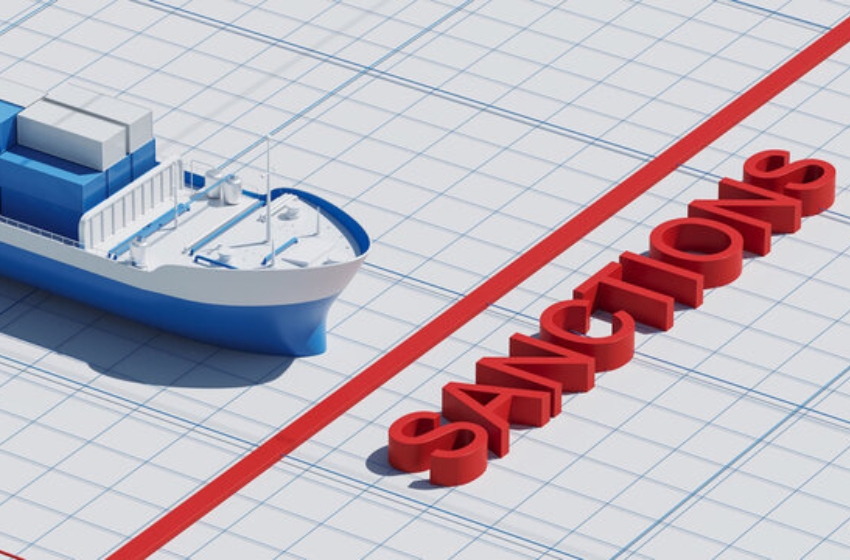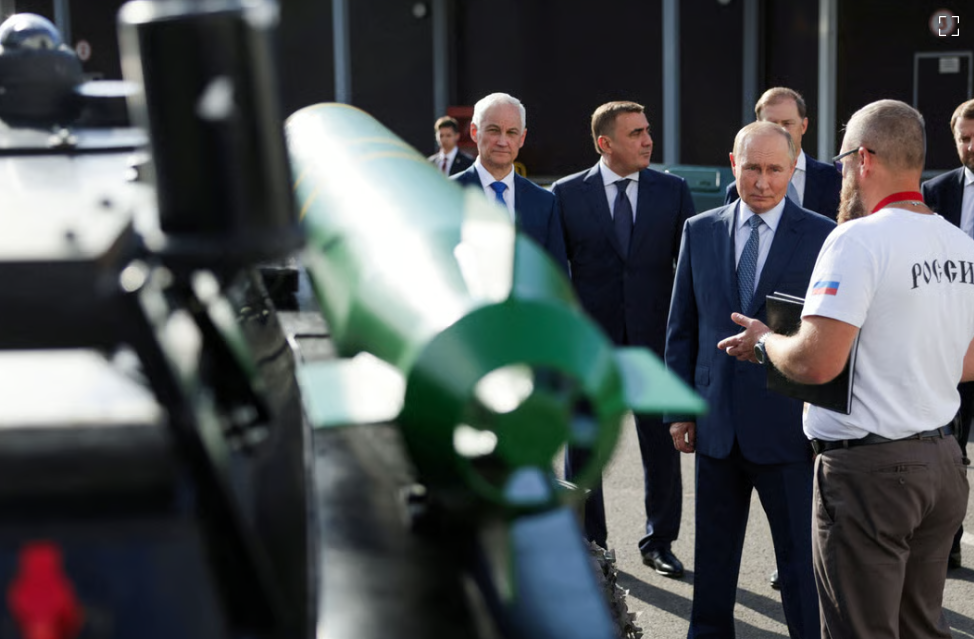French President Emmanuel Macron assured that all French CAESAR wheeled self-propelled artillery systems produced in 2025 will be transferred to meet the needs of the Armed Forces of Ukraine.
Pope Leo XIV offered his mediation in the negotiations to all warring countries. “I will do everything possible to spread peace,” the Pope declared.
European Commission President Ursula von der Leyen confirmed the approval of the 17th package of sanctions against Russia, which specifically targets 189 tankers of the so-called "shadow fleet."
European Commissioner for Economy Valdis Dombrovskis emphasized that the European Commission plans to continue implementing new sanctions against Russia, with work on the 18th sanctions package starting soon.
The Committee of Ministers of the Council of Europe has launched legal proceedings to establish a Special Tribunal on the crime of aggression by the Russian Federation against Ukraine. “The Committee of Ministers of the Council of Europe reaffirmed its unwavering support for Ukraine on its path to justice and recovery by initiating the process of creating a Special Tribunal to consider the crime of aggression,” the Council of Europe stated.
Against the backdrop of Russia’s war against Ukraine, Armenia has refused to purchase Russian weapons and has begun acquiring arms from India and France. In 2022–2023, Yerevan signed defense contracts with New Delhi worth over $1.5 billion, and with Paris in 2023–2024 worth $250 million. Meanwhile, Armenia’s last defense agreement with Russia, worth $400 million, was signed back in 2021 and has not yet been fully implemented.
Russian dance duos and sports pairs have been banned from international figure skating competitions.
In over three years of full-scale war in Ukraine, 6,374 Russians aged 18 to 45 have applied for asylum in Germany. However, only 349 of them have been granted refugee status.
The Russian economy is becoming increasingly vulnerable amid a protracted war and Western sanctions. This is stated in a report by the Stockholm Institute of Transition Economics (SITE), prepared specifically for a meeting of EU finance ministers. Despite an appearance of stability, the Russian economy is suffering more and more from internal imbalances and structural distortions. In the short term, it is kept afloat by large-scale budgetary stimulus linked to the country’s shift to a war economy. However, in the long run, such a model is becoming increasingly unsustainable due to the depletion of financial reserves and an opaque financing mechanism that distorts resource allocation.
The State Duma has approved in the first reading a bill that would allow the seizure of property from Russians who have left the country and committed administrative offenses deemed “against the interests of the Russian Federation.” This draft does not specify a concrete list of offenses covered.
By the end of this year, the Russian car market may roll back to 2016 levels. Car sales may fall to around 1.4 million units. The main reasons for the expected decline in new car sales in Russia are the record-high key interest rate of the Central Bank, the rising cost of car loans, and the elimination of manufacturer discounts.
Restrictions on gasoline exports from Russia are expected to be extended again—until October 2025.
The 1930s are making a comeback: the State Duma is considering introducing a “vigilance payment” for Russians who provide credible information about violations of migration laws by foreign nationals. Payments would be made for each identified illegal migrant.
Yana Lantratova, head of the State Duma Committee on Public and Religious Associations, delivered a long speech on religion, calling it part of Russia’s “spiritual shield” in the war against Ukraine. During her address, she accused the organization “Peace to All,” created by priests who left Russia and now assist other clergy persecuted for their anti-war stance, of working for Western intelligence agencies.
The Prosecutor General's Office of the Russian Federation has declared the International Indigenous Fund for Development and Solidarity “Batani” an undesirable organization. According to the prosecutors, the fund supports and prepares “anti-Russian demonstrations at international events, including those held under the auspices of the UN.”
81% of migrant children were not allowed to take the Russian language proficiency test required for entry into Russian schools: only 335 out of 1,762 applications were approved.
Tour guides and interpreter-guides in Belarus are now required to understand the state ideology, conduct ideological work, and promote “recognition of the uniqueness of the Belarusian model of social development” among tourists and visitors.
The number of students in daytime general secondary education institutions studying in the Belarusian language continues to decline, while the number studying in Russian is increasing. Overall, in Belarus, the number of Belarusian-language students has decreased by 34.4% (from 135,523 at the end of 2014 to 88,885 at the end of 2024), while the number of Russian-language students has increased by 22.6% (from 808,293 to 991,274).


















